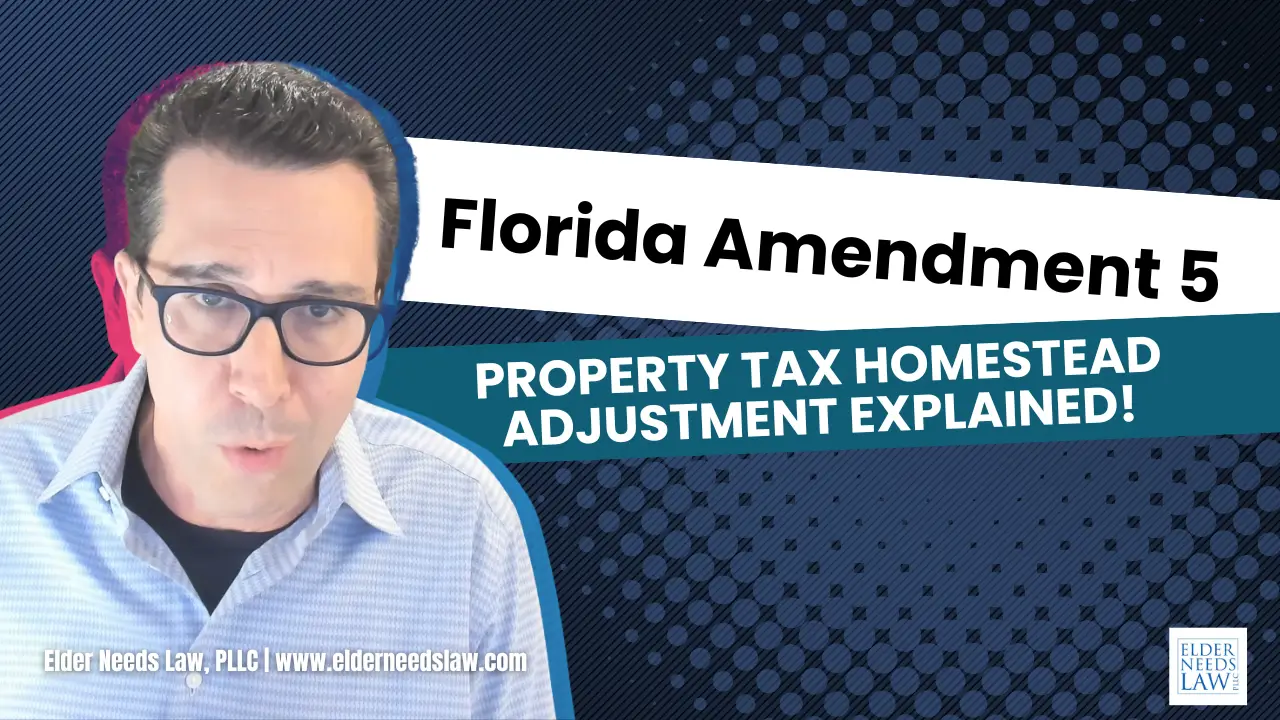Estate Planning When You Live in Two States

Estate planning is important for everyone, regardless of where they live. However, residing in multiple states can add a layer of complexity to the process. You want to ensure your estate plan is solid, straightforward, and legally binding, so it’s important to understand the unique challenges and considerations that come along with estate planning when you live in two states.
If you need to ensure your loved ones are taken care of, and your assets are secure should you pass away or become incapacitated, a Florida estate planning lawyer can help.
Understanding the Basics of Estate Planning
Before we dive into the specifics of when you live in two states, it's important to understand estate planning basics. Estate planning is preparing to manage and distribute your assets in the event of death or incapacity. This can include creating a will, establishing trusts, and designating beneficiaries for your retirement accounts and life insurance policies.
Challenges of Estate Planning in Two States
When you live in two states, several challenges can arise regarding your estate plan.
Here are a few to consider:
- Different state laws — Each state has its own laws regarding estate planning, including probate, taxes, and property ownership. This means that you may need to create different estate planning documents for each state or, at the very least, make sure your existing documents comply with the laws of both states.
- Property ownership — If you own property in both states, you must ensure that your estate plan addresses this. Depending on the property type, you may need to create different types of trusts or transfer ownership in a specific way to avoid probate.
- Homestead - Florida offers significant homestead tax and creditor-protection advantages to those who own a property in Florida as their permanent residence and do not rent out the property for more than 30 days a year. For those who live between two states, homestead can be a tricky issue.
- Tax implications — Estate taxes vary by state, so if you have a significant amount of assets, it's important to consider the tax implications of living in two states. You may need to take different steps to minimize your tax liability in each state.
- Healthcare directives — If you become incapacitated and require medical care, it's important to have a health care directive in place. However, the requirements for these directives vary by state, so you may need to create different documents for each state.
Steps for Estate Planning in Two States
Despite the challenges, there are steps you can take to make estate planning in two states easier.
Here are some tips to consider and steps to take if you’re creating or managing your estate plan while living in two states:
- Consult with an attorney. Since estate planning can be complex, it's important to work with an estate planning and elder law attorney familiar with the laws of both states where you reside or you may need to consult with a Florida estate planning attorney and another firm located in another state. We can help you create an estate plan that complies with both state laws and addresses your unique needs.
- Consolidate your accounts. If possible, try to consolidate your financial accounts into one state. This can make it easier to manage your assets and ensure that your estate plan covers everything.
- Review your estate plan regularly and keep your documents updated. It's important to keep your estate planning documents updated, especially if you move between states frequently. Ensure that your will, trusts, and other documents reflect your current wishes and comply with the laws of both states.
Common Mistakes to Avoid When Estate Planning in Two States
Common mistakes to avoid when estate planning in two states include failing to consider the different state laws, not updating estate planning documents, and not consolidating financial accounts. Additionally, some people make the mistake of assuming that their estate plan will automatically cover all their assets in both states.
To avoid these mistakes, it's important to work with an attorney familiar with the laws of both states and to keep your estate planning documents up to date.
Need Help Navigating the Complexities of Estate Planning When You Live in Two States?
Estate planning can be challenging, but it's especially so when you live in two states. If you’re trying to ensure your estate plan is good to go but reside in multiple states, you don’t have to navigate the road alone.
We can help you understand the unique challenges and take the appropriate steps to ensure your estate plan is comprehensive and covers all your assets. If you need assistance, don't hesitate to contact us at Elder Needs Law and consult with an experienced estate planning attorney.







